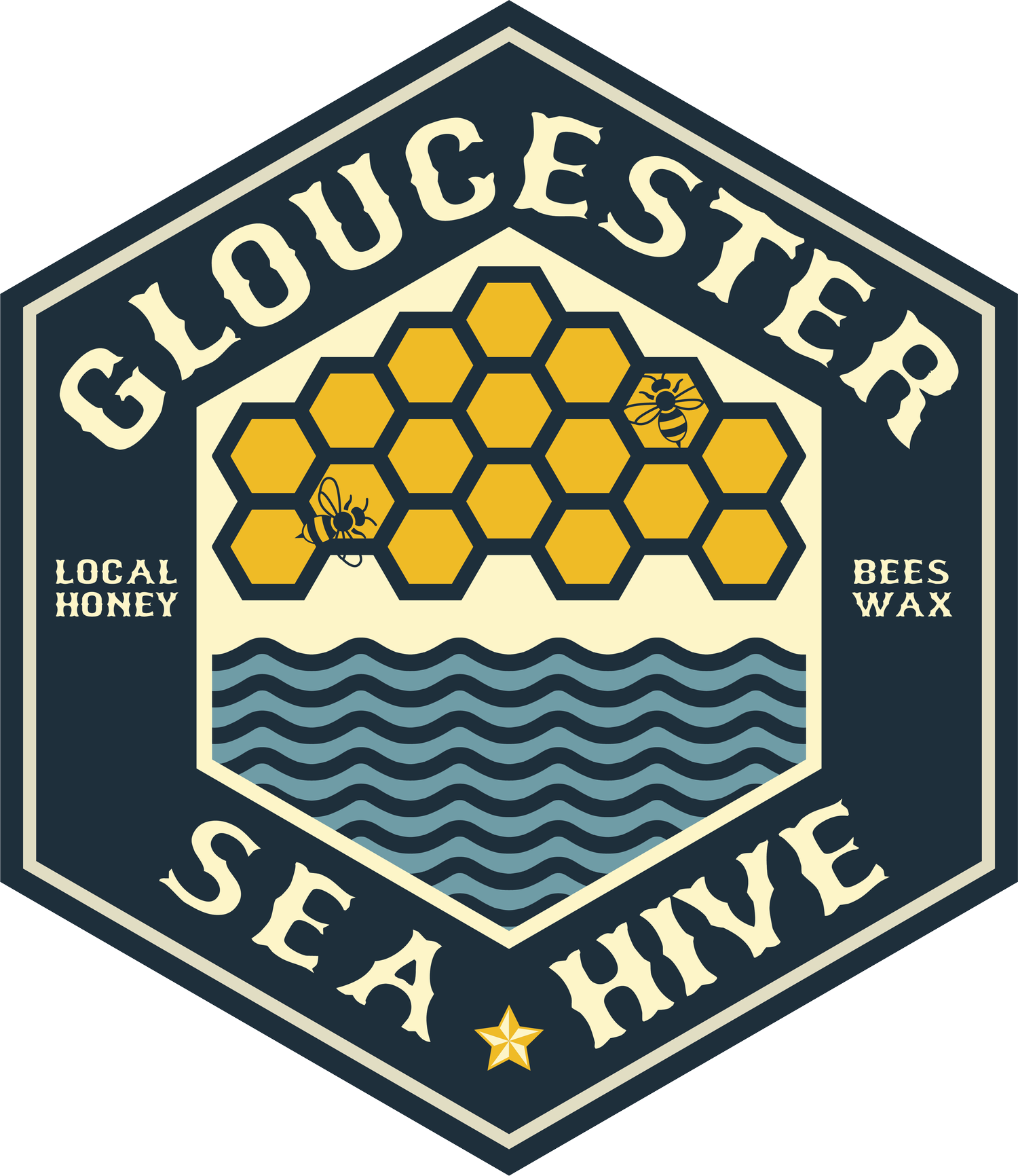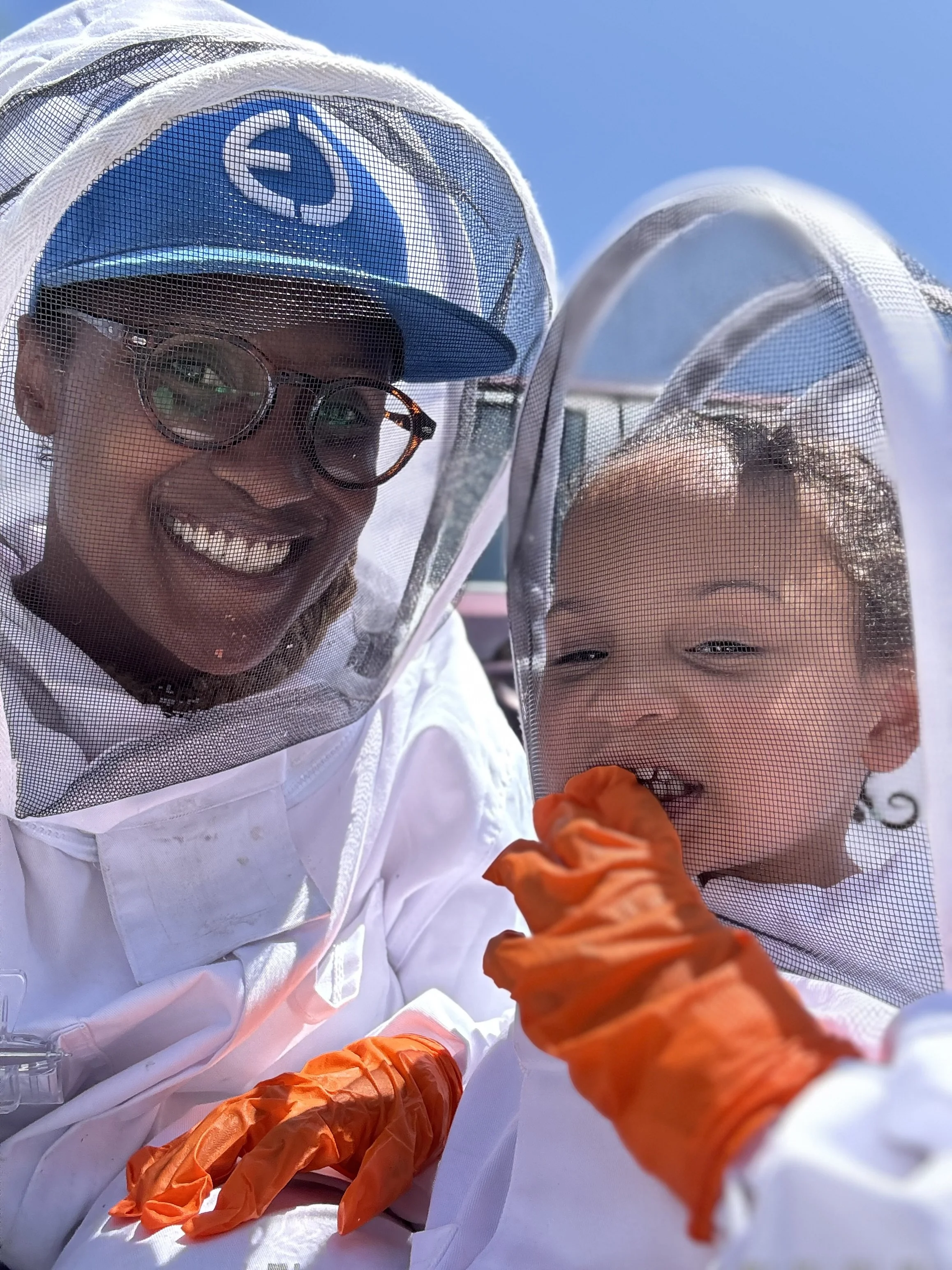
GLOUCESTER SEA HIVE
Welcome to The Sea Hive
Rooted in coastal Gloucester, Massachusetts, the Gloucester Sea Hive is a small-scale apiary founded on stewardship, sustainability, and community. We started with two hives and a commitment to grow with care—guided by the rhythm of the seasons, the hum of healthy bees, and a deep respect for the land and life we share it with.
Our first colonies are thriving, and we’re laying the foundation for seasonal honey harvests, handcrafted beeswax goods, personal/corporate beehive management, and educational offerings to help new beekeepers get started.
Whether you’re here to watch us grow, host a hive of your own, or learn what it means to thrive alongside the bees—thank you for stopping by. You’re part of the hive now.
Show Your Hive Pride
Every shirt sold helps fund the real work happening at Gloucester Sea Hive—supporting our bees, equipment, and slow-growth approach to sustainable beekeeping.
This design is printed direct-to-garment (DTG) on soft, breathable cotton and features original artwork inspired by the way beekeeping rewires your brain and your wardrobe. Three color options available.
It’s bold, intentional, and very much part of the hive.
Who we are
We’re a small, coastal beekeeping project rooted in coastal Gloucester, Massachusetts.
Gloucester Sea Hive began with a deep respect for pollinators and the slow, deliberate work they do. What started with a fascination with honeybees over fifteen years ago as a response to colony collapse disorder has grown into a commitment: to care for bees in a way that honors their role in our ecosystem and our food supply.
We’re learning, tending, and building something that reflects the rhythms of this place—quietly, season by season.
This is a space for the Sea Bees and the people who care about them. For healthy bees, honey, wax, and pollination. For education, transparency, and the kind of work that doesn’t rush.
Follow us on social





STAY IN THE LOOP.
Monthly updates from the hive—what the bees are up to, what we’re learning, and how you can support pollinators where you live.


